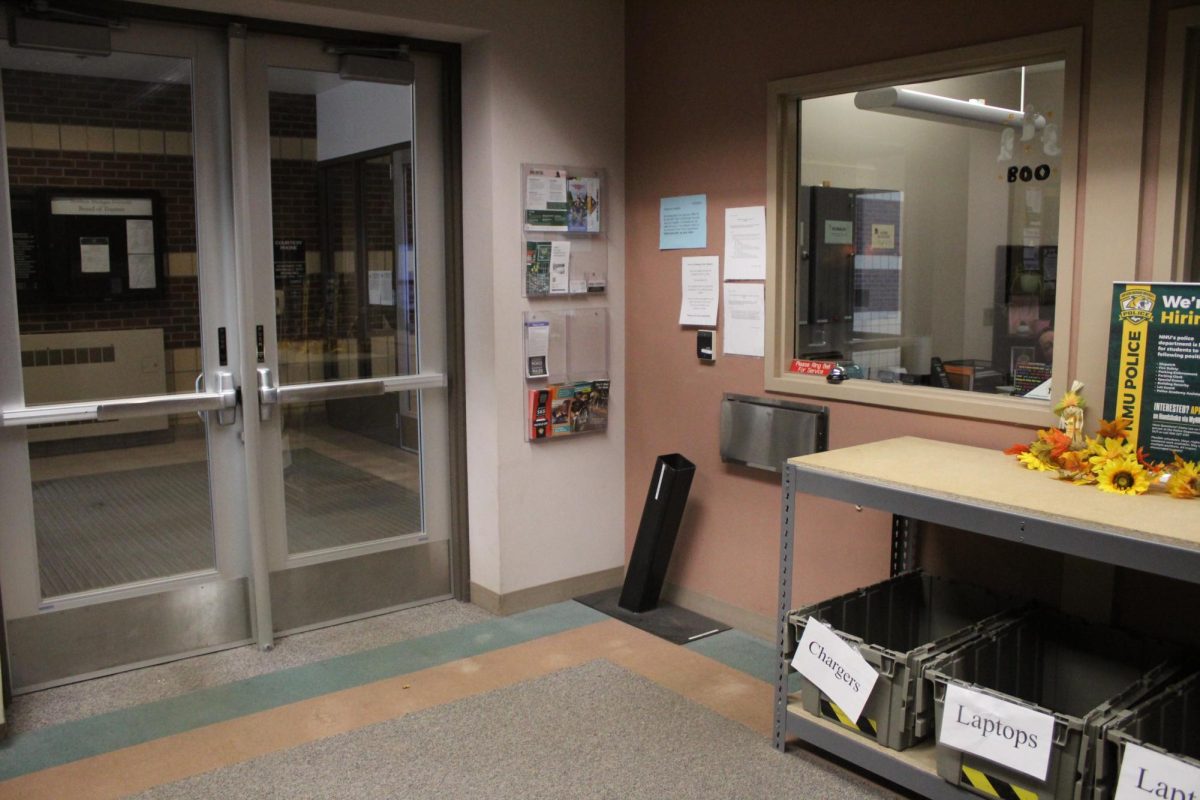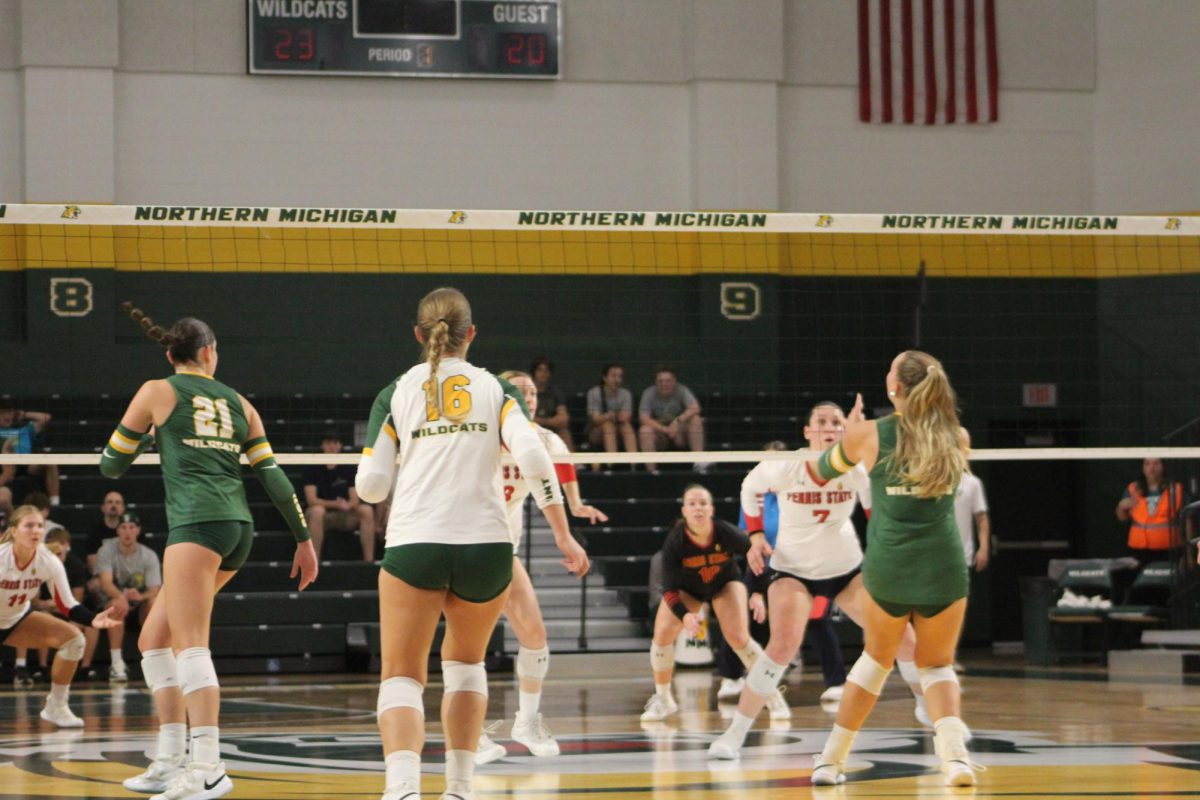Do you know what consent means? According to a NMU student survey, not all NMU students understand what constitutes consent. NMU was one of 22 state institutions
to receive a share of $1 million in funding this year to coincide with the Michigan Sexual Assault Grant Program, that was launched in 2015 by First Lady Sue Snyder. Through the awarded grant, a NMU awareness campaign is aiming
to change that.
The program titled “Consent: Back to Basics,” has received around $15,400 through the Michigan State Police to increase clarity and raise awareness on this issue. Title IX Coordinator Janet Koski and Associate Dean of Students Mary Brundage will serve as project directors of this grant with several NMU student leaders, NMU departments and the Women’s Center helping launch this campaign in 2019.
The goal of this program is to have more students respond affirmatively to the question “Do NMU students know what consent means?” than in the last grant cycle, according to the Consent Grant Narrative. Though NMU covers this topic extensively during orientation and other events, this program will increase clarity of what consent means,
Brundage said.
“We were actually very surprised by the responses from our students and assumed it would be much lower. NMU commits to talking about sexual misconduct and consent with students as early as orientation,” Brundage said. “NMU students need to help us understand why consent is so difficult to understand. They hold the answer to that question.”
The survey obtained on Feb. 14 through Feb. 28, 2018 consisted of 863 students. When asked “Do NMU students know what consent means?” 450 students responded yes, 250 responded no and 175 were unsure. Based on the response from the survey and the student feedback given
after the sex educator Cindy Pierce presentation earlier this semester, it is “evident” that NMU needs to continue focusing on consent education and programming efforts, Brundage said.
“Consent is at the core of understanding sexual violence. If NMU students do not feel they have a firm grasp of consent, or have confidence that their peers at NMU have a firm grasp of consent, our other educational efforts regarding sexual misconduct will not have the desired impact,” she said.
The program will launch in January where the group will discuss what content should be distributed on posters, stickers and will publish a campus newspaper ad for the consent campaign. “Silence Is Not Consent” t-shirts from the Women’s Center will be distributed to attendees during the workshop(s). The group will also team up with the Center for Student Enrichment on a Consent: Back to Basics workshop. The program will continue throughout the 2019 fall semester with the same initiatives, with plans to bring another speaker back to campus to talk about healthy relationships.
The Clery Act statistics don’t reflect the number of assaults that have occurred, they show the amount of cases happening on NMU property that were reported to officials, Brundage said. She noted more and more students are willing to come forward.
“Changing the culture regarding sexual violence is a community issue, and we
are proud to be part of a strong NMU community committed to ending sexual
violence,” Brundage added.























